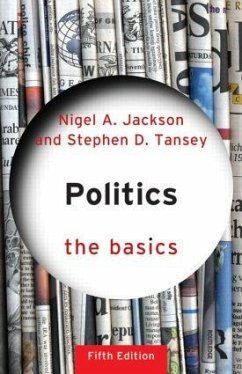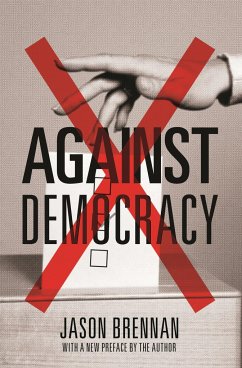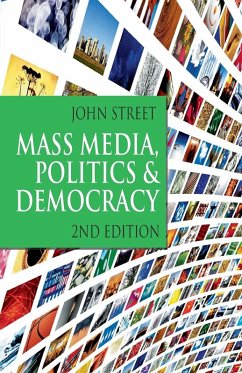
Key Concepts in Politics and International Relations
Versandkostenfrei!
Versandfertig in 2-4 Wochen
38,99 €
inkl. MwSt.

PAYBACK Punkte
19 °P sammeln!
Concepts have a particular importance for students of politics and international relations. Political argument often boils down to a struggle over the legitimate meaning of terms and enemies may argue, fight and even go to war, each claiming to be 'defending freedom', 'upholding democracy' or 'supporting justice'. The problem is that words such as 'freedom', 'democracy' and 'justice' have different meanings to different people, so that the concepts themselves come to seem problematic.This book provides an accessible and comprehensive guide to the major concepts encountered in political analysi...
Concepts have a particular importance for students of politics and international relations. Political argument often boils down to a struggle over the legitimate meaning of terms and enemies may argue, fight and even go to war, each claiming to be 'defending freedom', 'upholding democracy' or 'supporting justice'. The problem is that words such as 'freedom', 'democracy' and 'justice' have different meanings to different people, so that the concepts themselves come to seem problematic.
This book provides an accessible and comprehensive guide to the major concepts encountered in political analysis. Each term is defined clearly and fully, and its significance for political argument and practice is explored. The text has been updated and expanded to take account of the increasing influence of globalization on politics and now features 70 additional concepts. Renowned for its lively, engaging style and user-friendly approach, the second edition is an invaluable companion to the study of politics and international relations.
This book provides an accessible and comprehensive guide to the major concepts encountered in political analysis. Each term is defined clearly and fully, and its significance for political argument and practice is explored. The text has been updated and expanded to take account of the increasing influence of globalization on politics and now features 70 additional concepts. Renowned for its lively, engaging style and user-friendly approach, the second edition is an invaluable companion to the study of politics and international relations.












